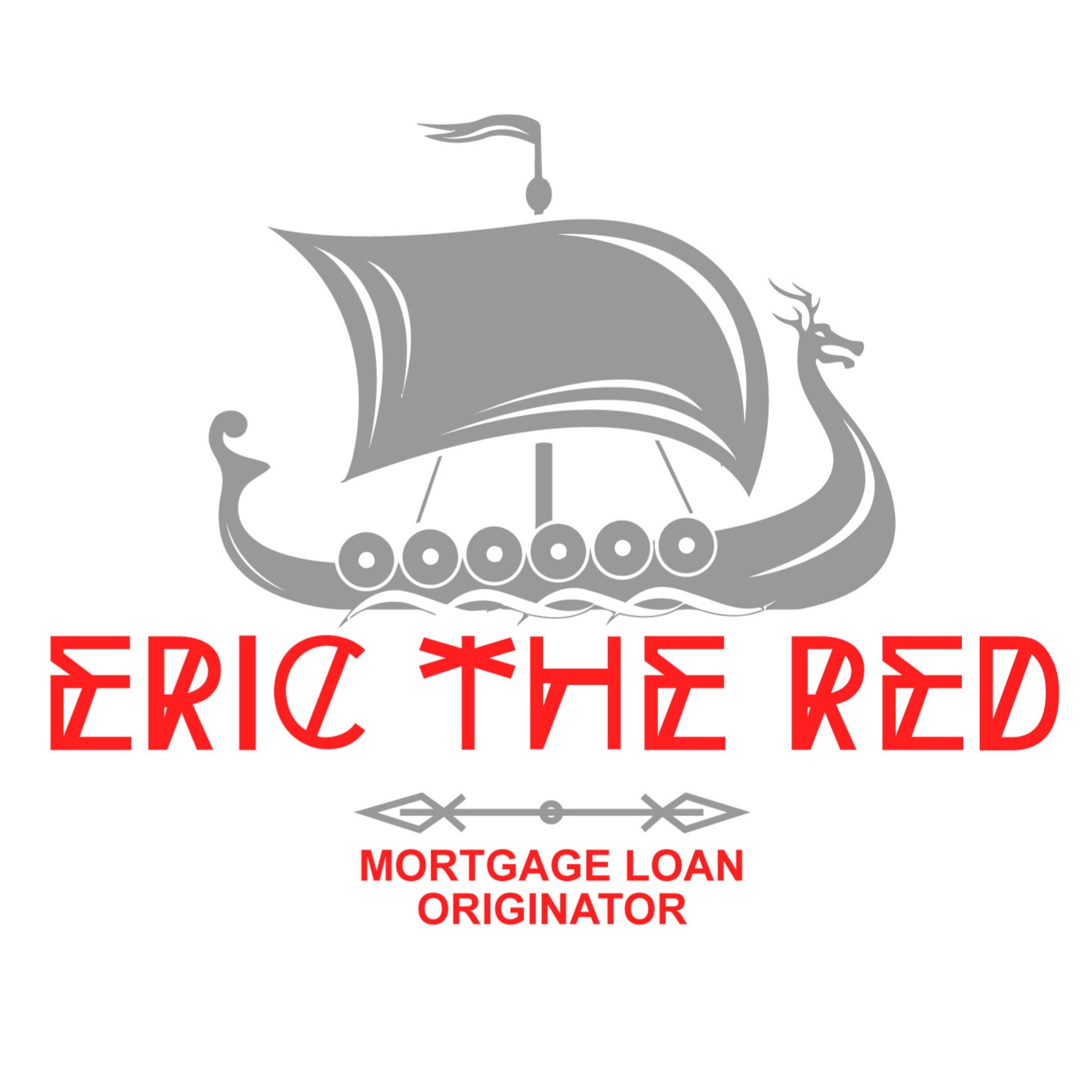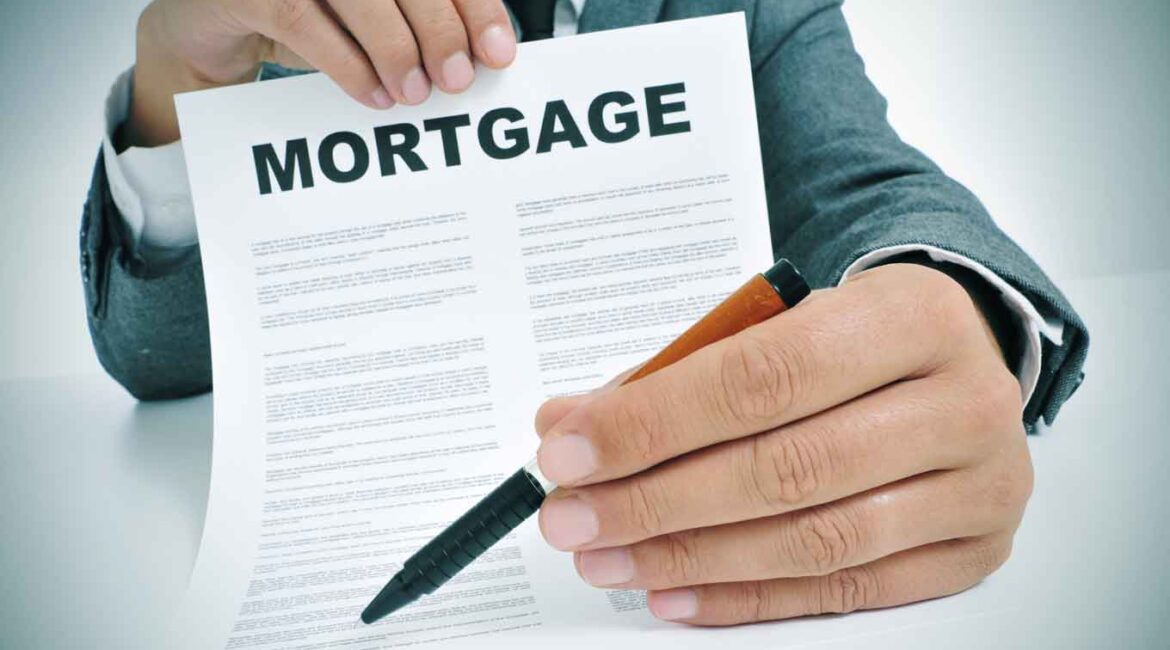There are a variety of mortgage choices available to you and the
option you choose should be the one that best fits your needs and your
financial situation.
Competition among lenders is good for you as a borrower. It is wise to shop
around and not limit yourself to a single source. Just make sure that you
understand that multiple inquiries will affect your credit score so pick a
couple that seem to offer the best solutions for you.
You can find out your mortgage options at a number of different
financial institutions including:
- Credit Unions
- Commercial Banks
- Mortgage Companies
- Mortgage Brokers
If you have never borrowed to buy a house before, then a good
place to start is wherever you do your personal or business banking. Most banks
offer home mortgages and as an existing customer you may enjoy the benefit of
lower interest rates and fees not available to non‐bank customers. For those
who have owned homes with mortgages in the past, contacting your previous
lender could also produce similar advantages.
When you meet with lenders be prepared to ask the
following questions:
- What types of loans do you have available?
- For what types of loans do I qualify?
- Can I get a federally insured or guaranteed loan from you? (These loans usually require smaller down payments.)
- What about special loan programs like those offered by the Federal Housing Administration (FHA loans) or the Department of Veterans Affairs (VA loans)? (These loans are attractive to first time buyers and to military veterans.)
Types of Mortgage Loans
Conventional Mortgage: This is the most commonly used
type and usually has the best rates. You’ll typically need at least 10%
for a down payment and good credit. It can be for 15 or 30 years or “interest
only” where you are not paying any principal in your payment.
Note: “Interest only” loans have a bit lower payment but you
don’t pay off any of the loan balance when you make your regular payment.
Mortgage Insurance: This isn’t a mortgage type, but you need to know about it. If you
put less than 20% down on a home, mortgage insurance protects your lender in
case you quit making payments. The cost varies by type of loan so ask your
Mortgage Professional about it with every loan you discuss. Mortgage
insurance can now be a tax write-off depending on your income level, due to a
recent change in the tax laws. Also, once you believe you have at least
20% equity, you should contact your lender to find out about getting rid of
Mortgage Insurance, also known as PMI.
FHA Mortgage: Thought of as the first time home loan program but actually
available to anyone. The down payment is only 3.5% and is more forgiving of
lower credit scores. The interest rates are not as attractive as a Conventional
Mortgage loan, but qualifying for the loan isn’t as tough either.
Note: Not all lenders can offer these type of loans.
VA Loan: This is a Zero down payment loan, but you must be a veteran.
USDA Rural Housing Loan: This is also a Zero down payment loan. This USDA Mortgage
Loan can only be used in designated areas & towns, but their definition of
rural may be more flexible than you think.
Adjustable Rate Mortgage (ARM): If you would prefer to keep payments low for the first few years
of a loan, consider an Adjustable Rate Mortgage. There are ARM loans that
adjust after the first year, the fifth year or at other pre‐determined
intervals. If you make this choice understand that your payments will go up at
some future date unless you refinance the loan. Adjustable rate loans got
many home owners into trouble when their rates went up faster than expected.
Credit score minimums by loan type
Conventional loan: 620
Though you may be able to get a conventional loan with a credit score as low as 620, these mortgages often require higher scores.
Borrowers with higher scores also earn a break in the cost of private mortgage insurance, or PMI, which is required if they make down payments of less than 20% on a conventional loan.
FHA loan: 500
If you have a credit score in the 500s, your best chance for a home loan will be one insured by the Federal Housing Administration. FHA loans allow down payments as low as 3.5%, but to qualify, you’ll need a FICO score of 580 or better. With a credit rating of 500 to 579, you’ll be required to make a 10% down payment.
That said, lenders can impose their own credit minimums for FHA loans — and borrowers who just meet these minimums will likely have a harder time getting approved.
VA loan: 640
Mortgages guaranteed by the Department of Veterans Affairs, better known as VA loans, don’t have a government-set minimum credit score to buy a house. Their main qualification is that you be a veteran, an active-duty member of the military or an eligible spouse.
That said, VA lenders choose their own minimum credit scores. These vary, but are generally in the low to mid-600s.
USDA loan: 640
Like VA loans, home loans from the U.S. Department of Agriculture don’t have a set minimum credit score — and lenders can require their own score minimums. But if your score is over 640, you could be eligible for streamlined credit processing on a USDA loan.
Jumbo loan: 700
In order to get a mortgage that’s larger than the conforming loan limit — better known as a jumbo loan — most lenders will want to see a credit score that’s around 700 or higher. Because lending that much money is inherently risky, lenders look for potential home buyers to have solid financials, including a strong credit score.
With a FICO score of 740 or higher, you’re likely to get the best jumbo mortgage rates. Using a mortgage calculator can make clear how even a slightly lower rate can make a big difference.
Mortgage Loan Length and Other Factors
Other factors to consider are the length of the loan, the down
payment and any fees or closing costs.
Your financial status and your plans for how long you might stay in the house
will also affect which loan might be best for you. If you are in it for the
long haul and want the financial piece of mind in knowing your payment won’t
change, then a 30‐year fixed rate loan may be best. If your goal is to
build equity quickly or you may need to move in a shorter period of time you
will want an 15 or 20 year loan.


Im pretty pleased to find this great site. I need to to thank you for ones time for this particularly fantastic read!! I definitely loved every little bit of it and I have you saved as a favorite to see new stuff on your blog.